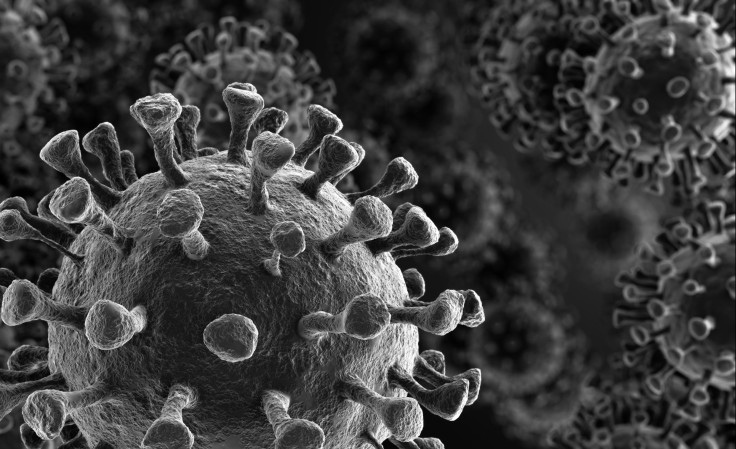Breast milk may protect babies against coronavirus infection, even if it does not have any antibodies against it. These are the findings of a new study conducted by a team of Chinese researchers.
During the research, the team from the Beijing University of Chemical Technology found that the mother’s breast milk prevented the novel coronavirus from attacking the cells and replicating it, even if the baby did not have any antibodies against the pathogen.
Additionally, the team found that mother’s milk was more effective in protecting against coronavirus, as compared to milk from any other farm animals such as cows and goats.
The team says that their findings are in agreement with the recommendations of the World Health Organization (WHO) that asks mothers with suspected or confirmed COVID-19 to breastfeed their babies.
During the study, the team exposed the lung and gut cells of the subjects to the novel coronavirus. Then the team assessed the effect of the breastmilk on these infected cells. The breastmilk was taken from the samples collected back in 2017, where there was no coronavirus.
The researchers mixed the healthy cells with breastmilk and then washed it off. Next, the cells were exposed to the pathogen. The team noticed that the virus was not able to attach to the cells and even if it did enter it successfully, the coronavirus was not able to replicate.
“SARS-CoV-2 could infect [cells] and the infection could be inhibited by breastmilk (2 mg/ml), which was reported to have anti-SARS-CoV-2 activity,” the authors note in the study.
Another study conducted before, whey protein in breast milk was found to be responsible for inactivating coronavirus.
“Whey protein from human breastmilk effectively inhibited...SARS-CoV-2...by blocking viral attachment, entry and even post-entry viral replication,” the authors wrote in the study.

© 2025 Latin Times. All rights reserved. Do not reproduce without permission.



